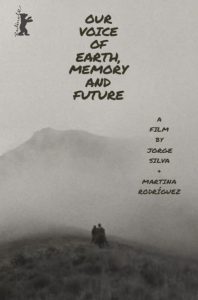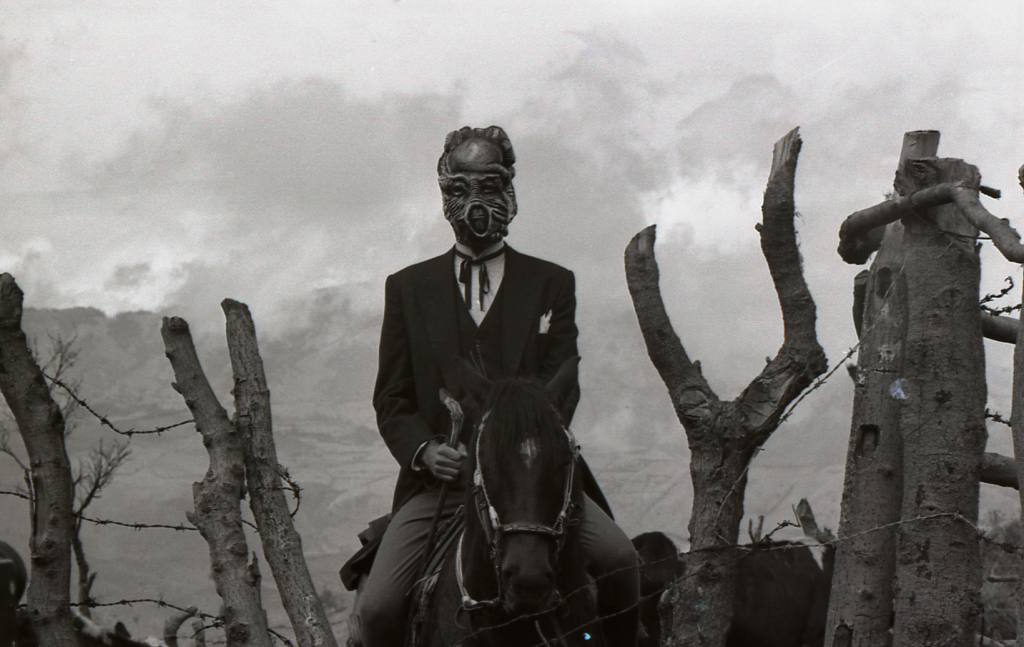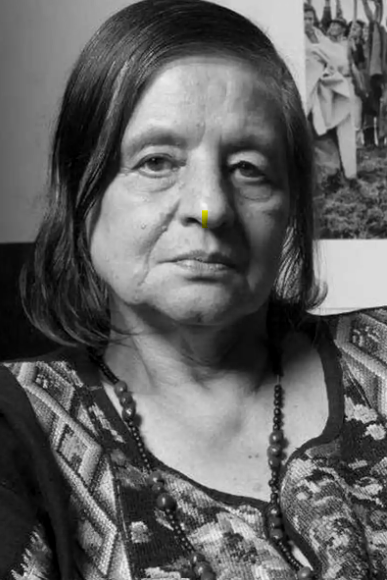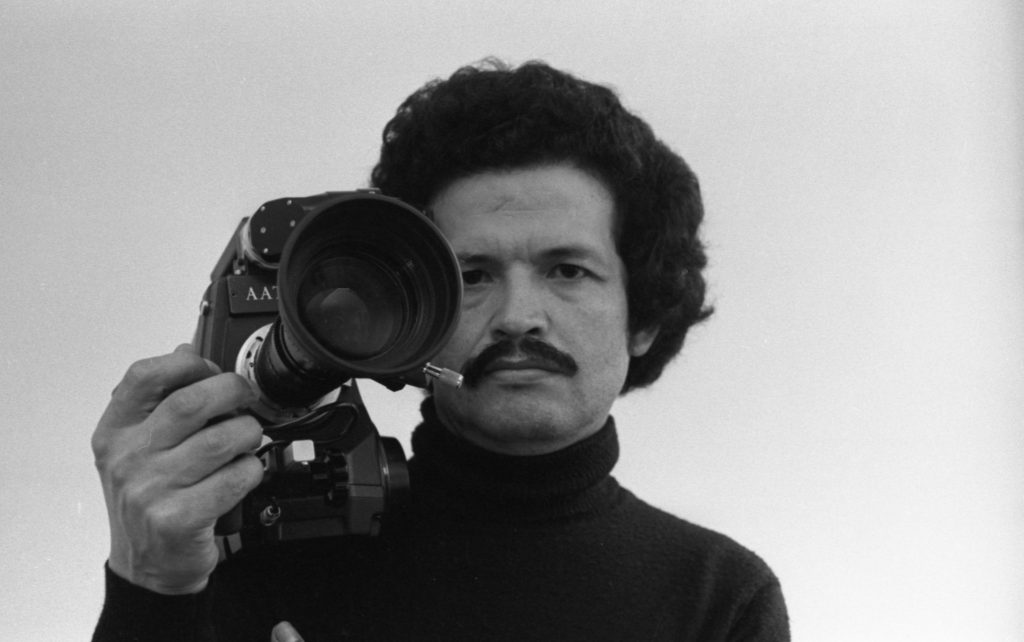Screening + Introduction by Charlotte Gleghorn (Senior Lecturer in Latin American Film Studies – University of Edinburgh)
When: Saturday 20th January 2024 (18:30)
Where: ECVS – Edinburgh Cine and Video Society (23a Fettes Row, Edinburgh, EH36RH)
About the film:
Our Voice of Earth, Memory and Future (Nuestra voz de tierra, memoria y futuro) – restored 2019 version.
This film was restored and digitized in 2K by Arsenal – Institut für Film und Videokunst, Arri Media Berlín (Germany), the sound by L´immagine Ritrovata in Bologna (Italy, 2019). Re-premiered February 2019 at the Berlin International Film Festival (Berlinale). This restored version was also re-premiered in the UK by The Human Rights Film Festival Document in 2019 in Glasgow under the curation and presentation of Charlotte Gleghorn, from which the text below is taken.

Directors: Marta Rodríguez and Jorge Silva
Year: 1974-80
Country: Colombia
Duration: 90 minutes
Languages: Spanish with English subtitling
The Devil, as the saying goes, comes in many forms. In Our Voice of Earth, Memory and Future (Marta Rodríguez & Jorge Silva, 1974-80) strange masked men – some with top hat, all with spurs
– survey the mountains of southwest Colombia. Landowner, police officer, bureaucrat, Conquistador: in a misty landscape of rural homesteads and exploited peons these figures of authority become vivid renditions of the Devil’s work. It is within this context that a battle is waged on film between light and dark, between Indigenous forms of resistance and the violence of colonial relations.

Our Voice of Earth, Memory and Future documents the birth of the Indigenous movement in the Cauca region (Coolombia) in the early 1970s, with the founding of the CRIC, the Indigenous Regional Council of Cauca. We witness a series of takebacks of farming estates spearheaded by the organisation, arising from a programme of coordination invested with historical depth and reparative purpose. The CRIC presents education as a vital actor in their struggle for land, the reclaiming of their territories matched by an engagement with key early leaders of the movement. In first-hand accounts, the CRIC’s plan of action is explained and brought to life with scenes of community meetings, marches and land occupations. This mobilisation is contrasted with spectres of colonialism, all of which testify to the long memory of violence in the area. From the arrival of the conquistadors to America, the catechism of Indigenous communities and the dispossession of their lands, to the contemporary exploitation of the Puracé mine with US investment, sequences are spliced together and juxtaposed as an arresting continuum, montage of then and now.

Marta Rodríguez

Jorge Silva
Trailer:
AWARDS
1982
-Fipresci Prize from the International Federation of Critics of Berlin (Germany)
-Best Colombian Film Director Award of Focine (Cartagena, Colombia)
-Ocic Award from the International Catholic Film Office at the Berlin International Film Festival (Germany)
-Award for Best Photography to Jorge Silva at the Ibero-American Cartagena Exhibition (Colombia)
-Best Original Music Focine Prize awarded to Jorge López (Cartagena, Colombia)
-Best Expression of Human Values Chamber Theater (Cartagena, Colombia)
-Best Latin American Film Ibero-American Festival (Huelva, Spain)
1985
-Award for Best Latin American Production First Indigenous Peoples Film Festival CLACPI (Mexico)
Buy Tickets


